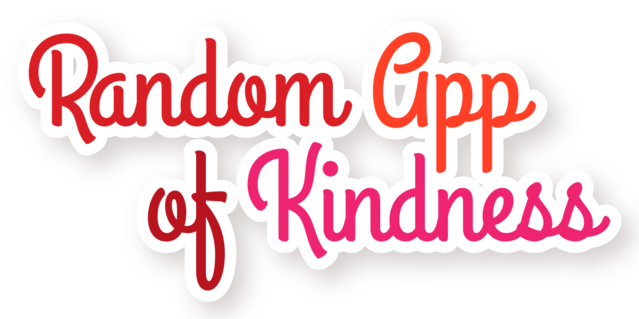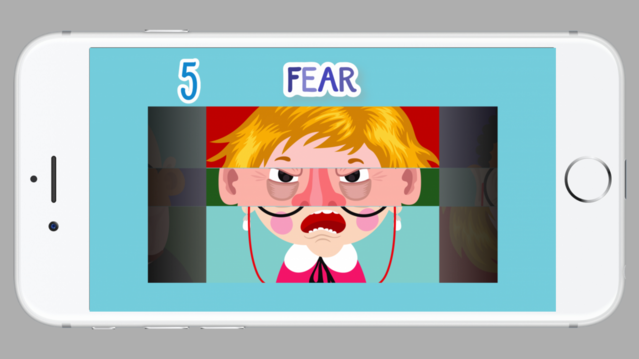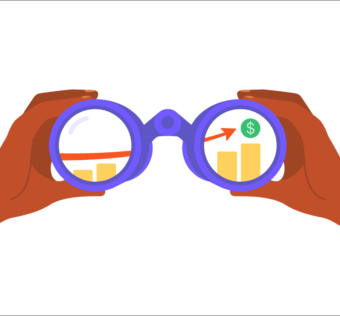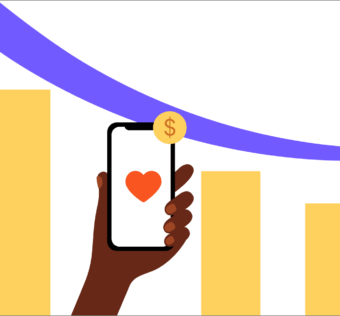Charitable Giving Comes From Empathy, and There’s An App for That
People are motivated to give for a variety of reasons. Sometimes charitable giving is out of a sense of duty or obligation, as is the case with tithing. Others give because it makes them feel good.
But these are surface factors. Putting yourself in another’s situation — imagining other people’s perspectives — and feeling compassion or concern is empathy. Empathy is a prime underlying motivator in charitable giving.
Can empathy be taught and learned? A group of social science researchers thinks it can, and they’ve created a smartphone app that aims to do just that.

Random App of Kindness (RAKi) is the product of principal investigator Sara Konrath, Assistant Professor of Philanthropic Studies at the Indiana University Lilly Family School of Philanthropy, and collaborators from iPEAR (Interdisciplinary Program on Empathy and Altruism Research).
The app, available for iOS and Android, aims to “translate interventions that have been known to increase empathy in other face-to-face settings like classrooms to mini-games that can be easily played on smartphones.”
These mini-games are “based on scientifically established ways of promoting aspects of empathy,” and are intended for children and young people ages 10-17. Situations players face in the games include recognizing emotions in the faces of others and responding to different types of babies’ cries.

This type of app shows tremendous potential for helping educate and inspire people not just to be more empathetic, but also in understanding the psychology of giving. While this app is intended for children and young people, a similar concept could translate to adults using real-world situations we all face.
In both places of worship and the nonprofit sectors, a major goal is to inspire and teach giving. To do that, fundraisers are encouraged to “tell their story” to clearly illustrate the impact of charitable giving. Charities and churches could reach out via mobile with similar “gameified” concepts showing donors before-and-after or cause-and-effect scenarios as they relate to charitable giving.
Learn more about the app–and the science behind it–in the post on Psychology Today.



